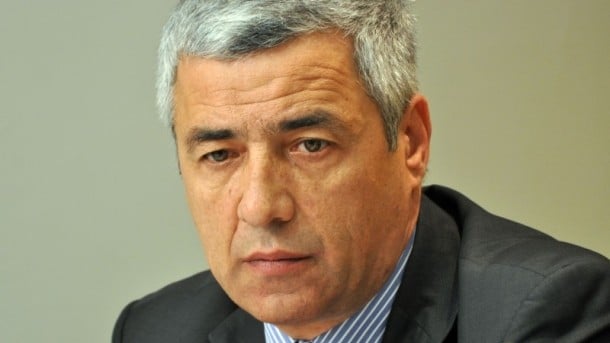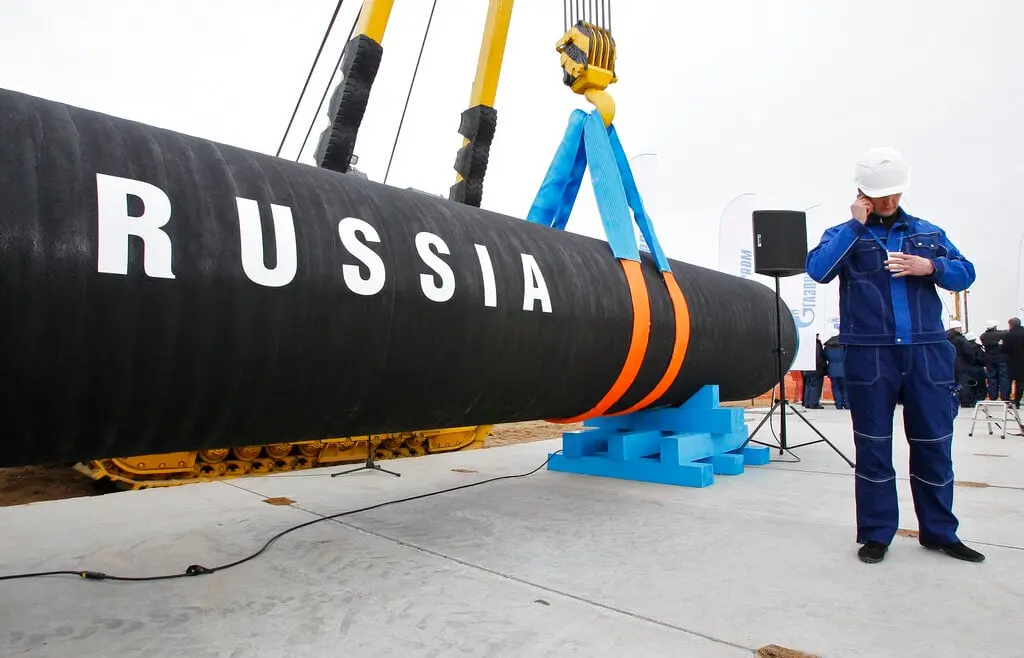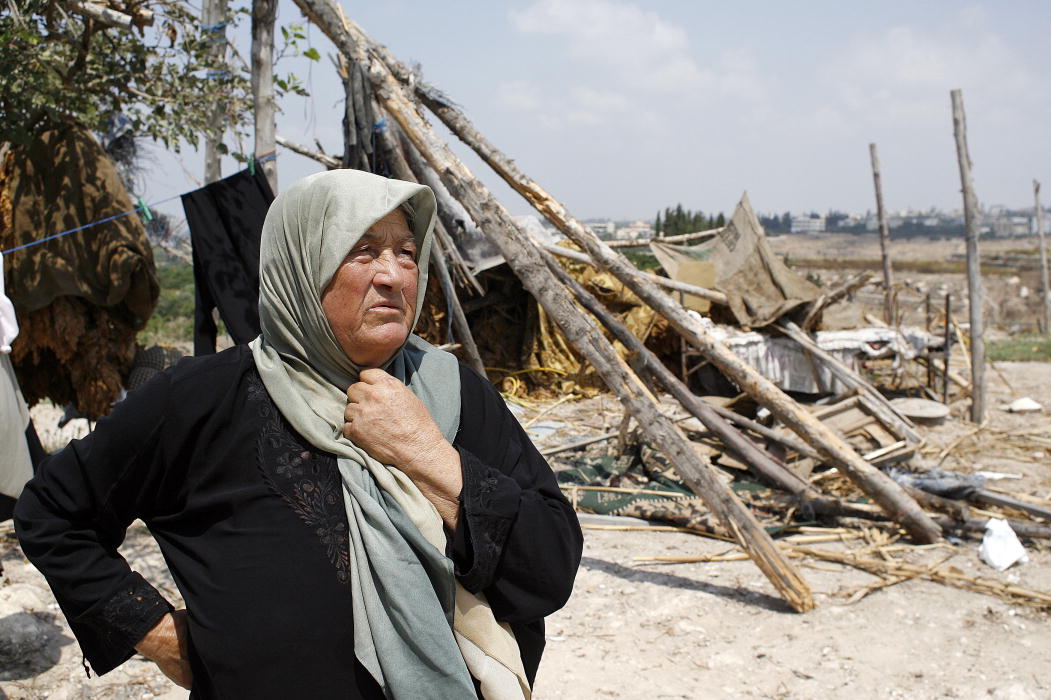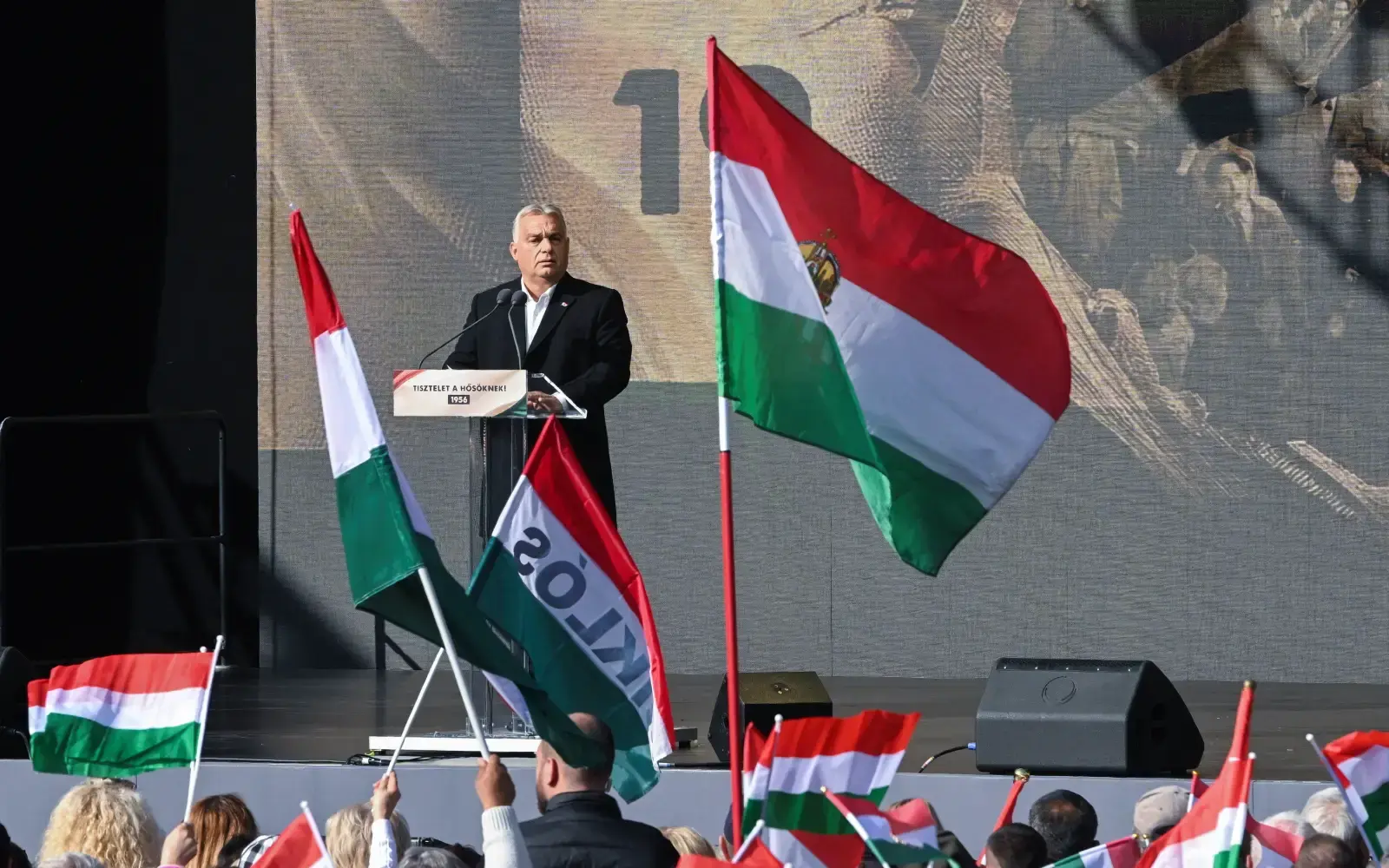On 16 January, Oliver Ivanović, the main Serbian opposition leader in Kosovo, was shot dead in front of his office. Contrary to reports in some media, this murder most likely had nothing to do with ethnic divisions in Kosovo. Three months ago, I was part of a small delegation from the European Forum who visited Kosovo and spoke to Ivanović at his office about the challenges facing Kosovo ahead of the local elections. How can such an assassination take place in a de facto EU protectorate where European military, judges and officials should ensure security and help build democracy and rule of law?
"I don't feel safe"
Ivanović was opposing candidate for mayor of North Mitrovica from Belgrade-backed Goran Rakić. Several candidates from Ivanović's list withdrew after threats and physical violence. Ivanović's car was set on fire in front of his house: a first warning. His message during our conversation: security is priority number one: "People live in fear. It is a small community and everyone knows what you vote and who you talk to. Organised crime is calling the shots here more than ever". He pointed to the window of an apartment building opposite his office: "young guys are constantly watching me, where I am, who I meet with and what I do to pass everything on to their clients". He asked if we could once again ask the international institutions in the capital Pristina to improve security in northern Kosovo: "I don't feel safe: in northern Mitrovica, 20,000 inhabitants live in two square kilometres. There are two bigger streets where everything is. Everyone knows where I live and work. Every day I walk five minutes to my office and back in the afternoon, the same route. How hard can it be to secure this! If people live in fear, fair elections are not possible either". His many calls proved to be in vain.
Rule of law?
The next day in Pristina, we conveyed Ivanović's message to senior representatives of the European Union Rule of Law Mission, OSCE and European Union Office in Kosovo. They reacted resignedly: they knew Ivanović's story and would do everything possible within their mandate to ensure fair ballots." They were in no way prepared to take additional measures - after years of insistence by civil society organisations and local politicians - to curb organised crime in northern Kosovo. Although investigations are still ongoing, it has every appearance that the local criminals tolerated by Belgrade are responsible for Ivanović's murder: "I am more afraid of the Serbs than the Albanians," Ivanović said in an interview. During the election campaign, the pro-government television channel ran Pink a spot that portrayed the opposition leader as a traitor, a friend of the Albanians.
Ivanović's murder confirms the image of northern Kosovo as the Wild West. Walking through the streets of Mitrovica, the fear and discontent among the population is almost palpable. Local criminals with black all-terrain vehicles with no license plates drink coffee on the main street. The international community cannot guarantee stability and prefers to look away, the government in Pristina has no control over the area and the government in Belgrade lets local criminals have their way as long as Serbia's geopolitical interests are safeguarded and pro-government parties win elections.
Divisiveness as a political tool
Ivanović was a moderate and pragmatic politician. He was the first Serbian politician who dared to travel to Pristina after the war to seek solutions to everyday problems of the Kosovars such as security, power and water supply and economic development. He spoke Albanian, which opened many doors. He was a thorn in the side of nationalists who preferred divisions to bridges. His reasonableness and willingness to compromise cost him his life.
Danijel Tadić, Foundation Max van der Stoel





